Music & Culture
Classical Music Posts
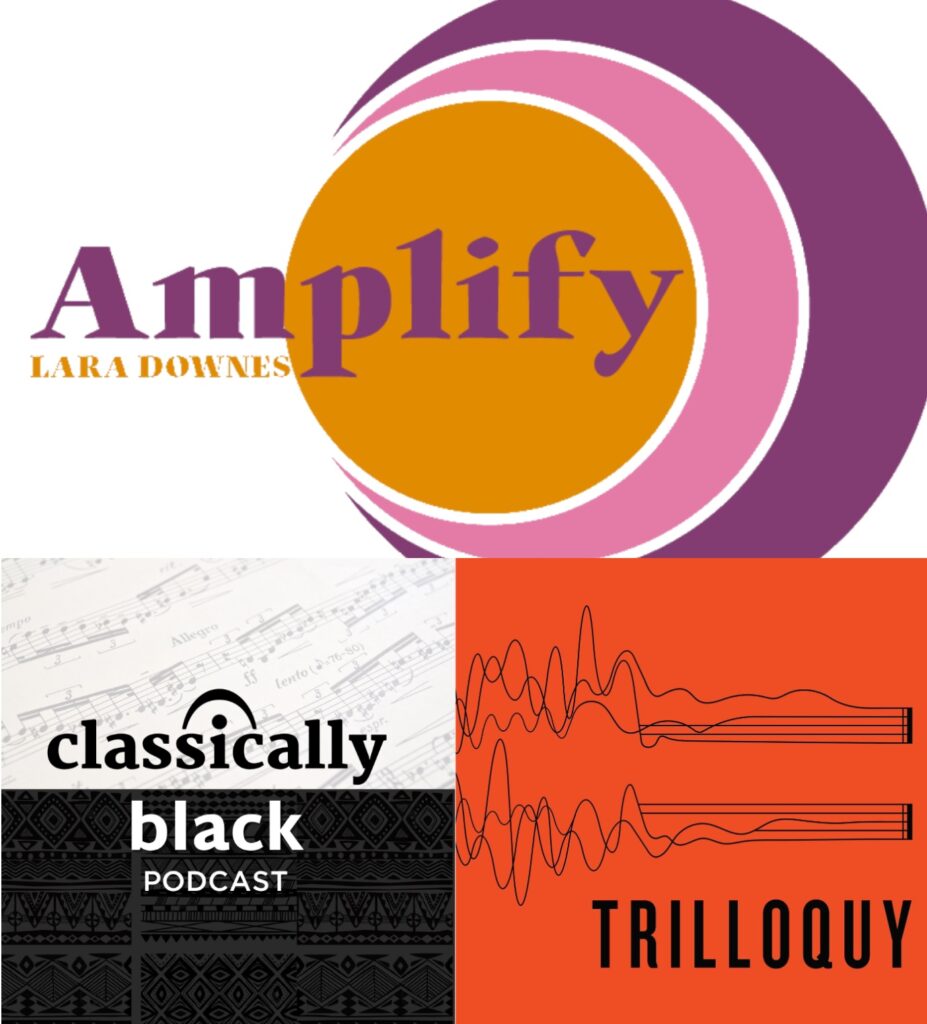
Black Voices In Classical Music
Classical music has historically been dominated by white voices. Black composers and musicians have been silenced and barred from musical careers, with a long history of not receiving proper credit for their contributions, and even so far as being kept from being audience members for much of music history. But the future of classical music is diverse and inclusive and African American Music Appreciation Month, as well as Juneteenth, has inspired NWPB Classical to compile a list of black voices in classical music that need to be heard.
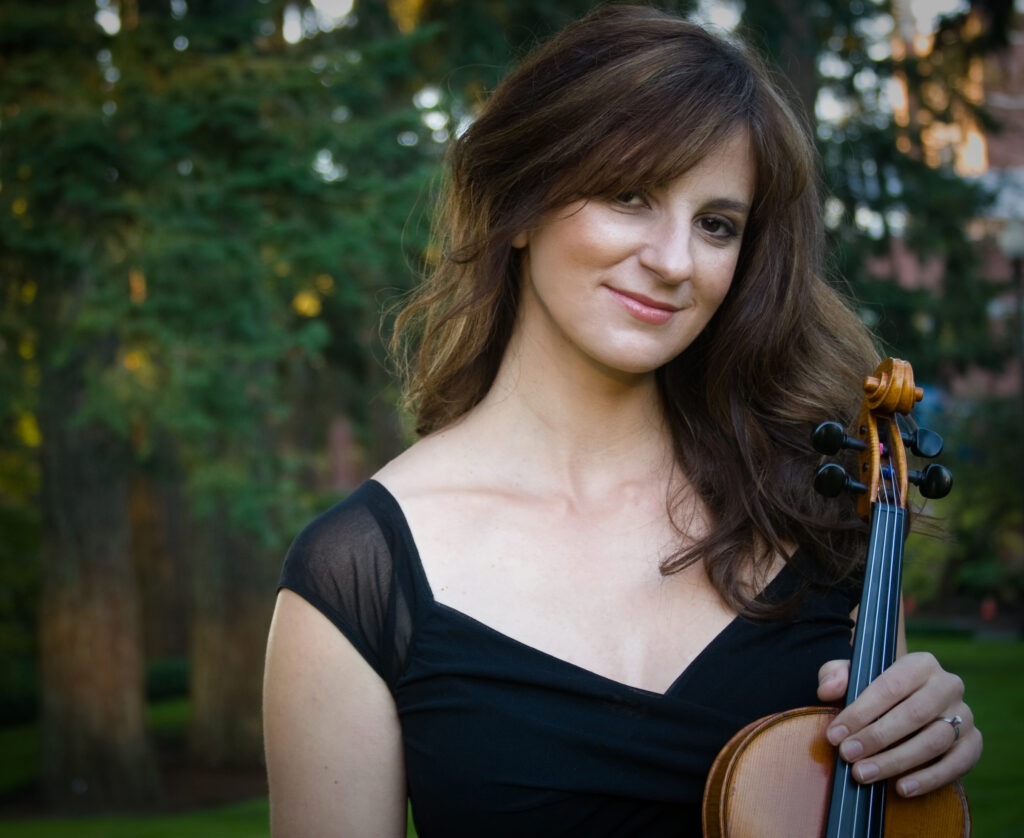
Passing The Baton: Puget Sound Professor Of Violin Dr. Maria Sampen
From the teaching studio to the concert hall, musicians are uniquely poised to create community through their work. For one Tacoma-based violin teacher, inspiration comes from camaraderie with fellow performers and students.
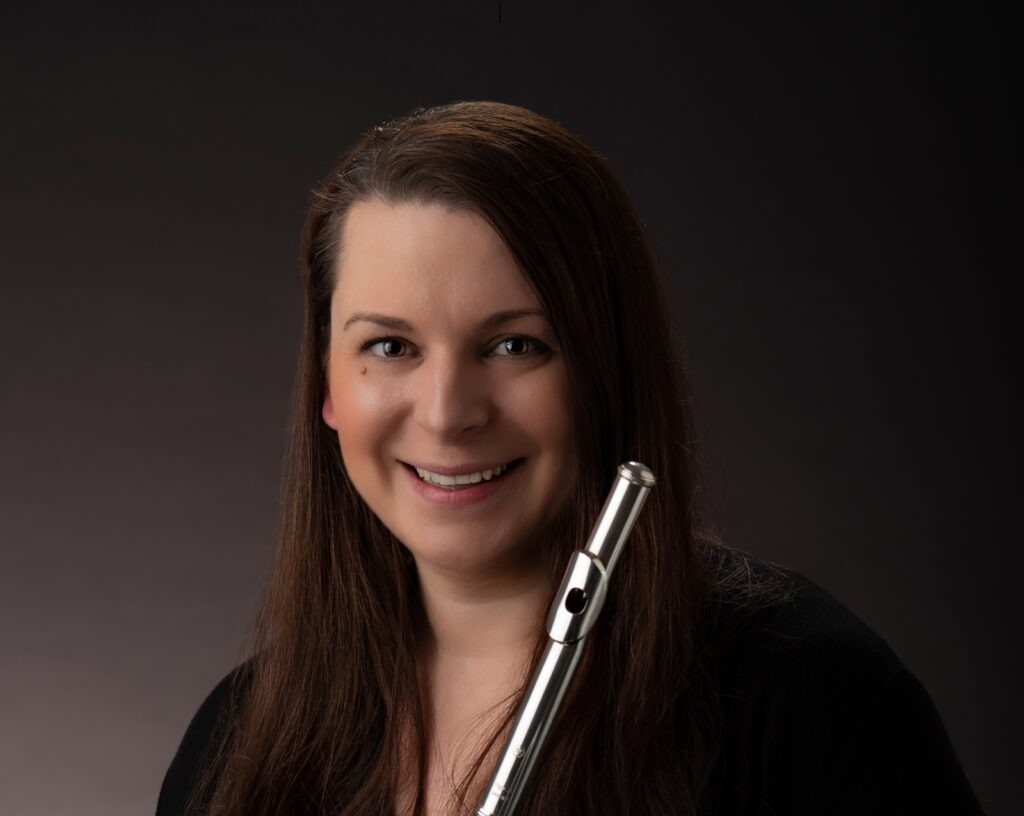
Passing The Baton: Professor of Flute and Music History Dr. Sophia Tegart
The last time orchestras had a regular concert season, few works by female composers were played. In fact, less then 9% of music programmed by the top orchestras in the U.S. were by women composers. Where are all the women? Dr. Sophia Tegart, professor of flute and music history at Washington State University is making sure they take a prominent place in her classroom.

Music Moment: Ethel Smyth And Virginia Woolf
Virginia Woolf was lounging in her pajamas in bed one morning when her doorbell rang. A visitor? That was the last thing she expected that day. But, expected or not, there came the sounds of footsteps: through the foyer, up the staircase and down the hall — a moment later into her room, and into her life, burst the composer, writer and suffragette Ethel Smyth.
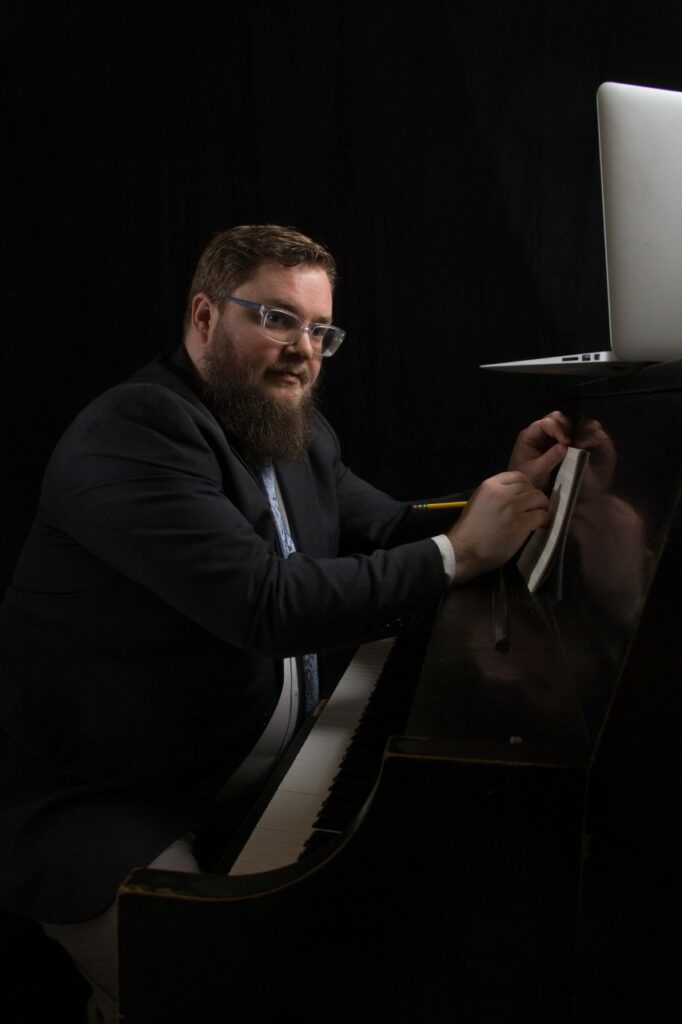
Passing The Baton: Northwest Composer And Educator Austin Schlichting
Austin Schlichting is a high school orchestra and choir director, in addition to teaching fifth grade strings in Lacey, Washington. He is part of a music education legacy. On top of being a performer and composer, Schlichting continues a four generations-long tradition of northwest music teachers in his family.
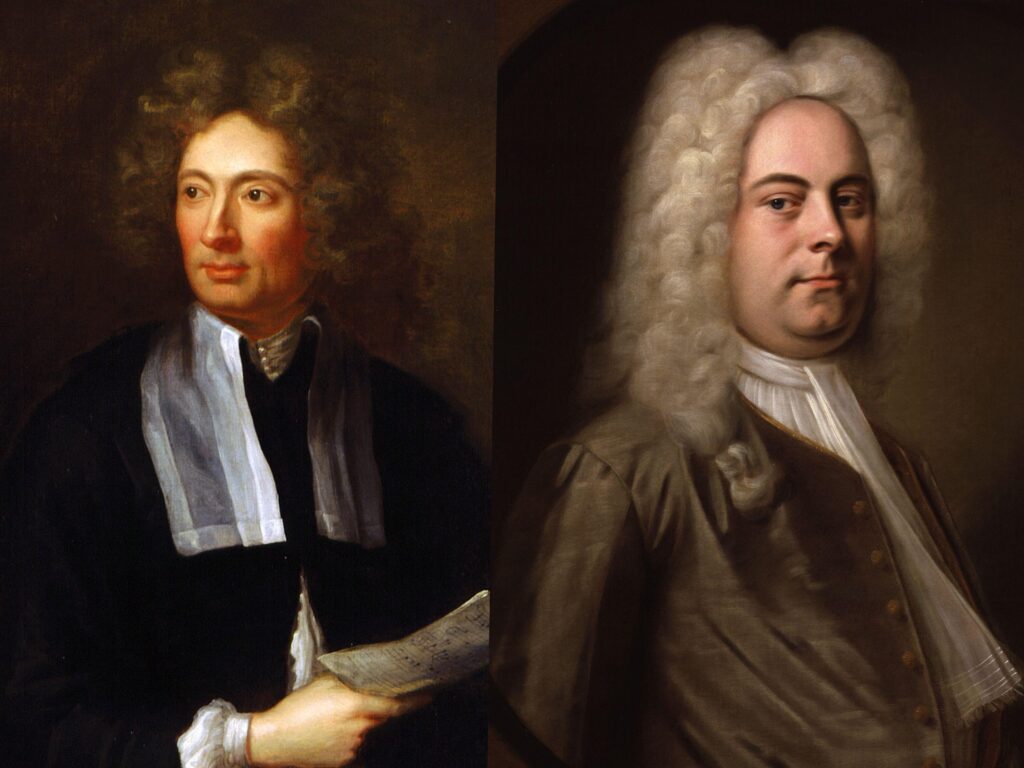
Passing The Baton: Arcangelo Corelli And George Frideric Handel
Arcangelo Corelli, respectfully known as “The Archangel,” and George Frideric Handel, nicknamed “the dear Saxon” by his adoring Italian public. Two household names among Baroque Era composers. Two famous musicians with a mentor-protégé relationship.










